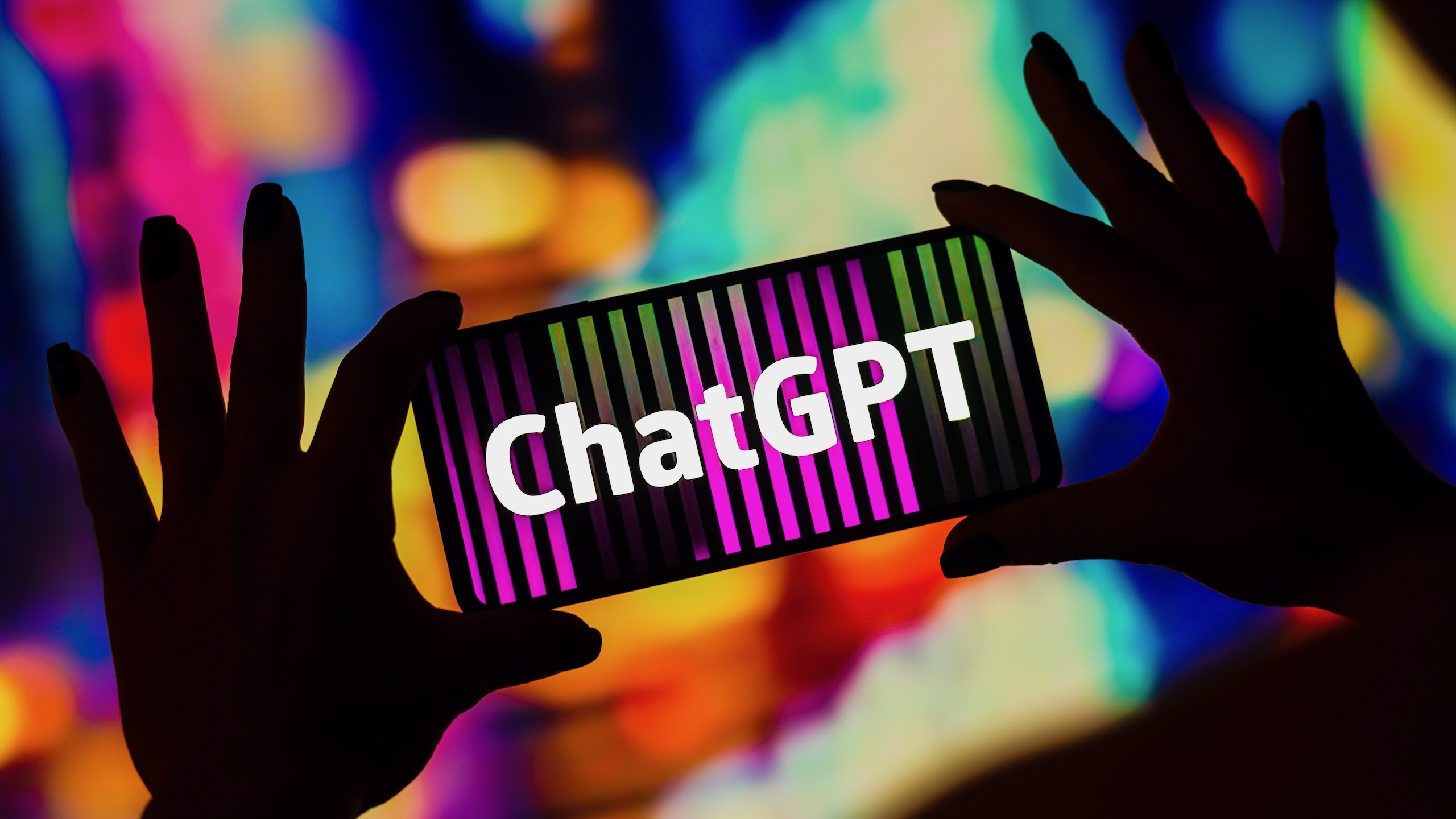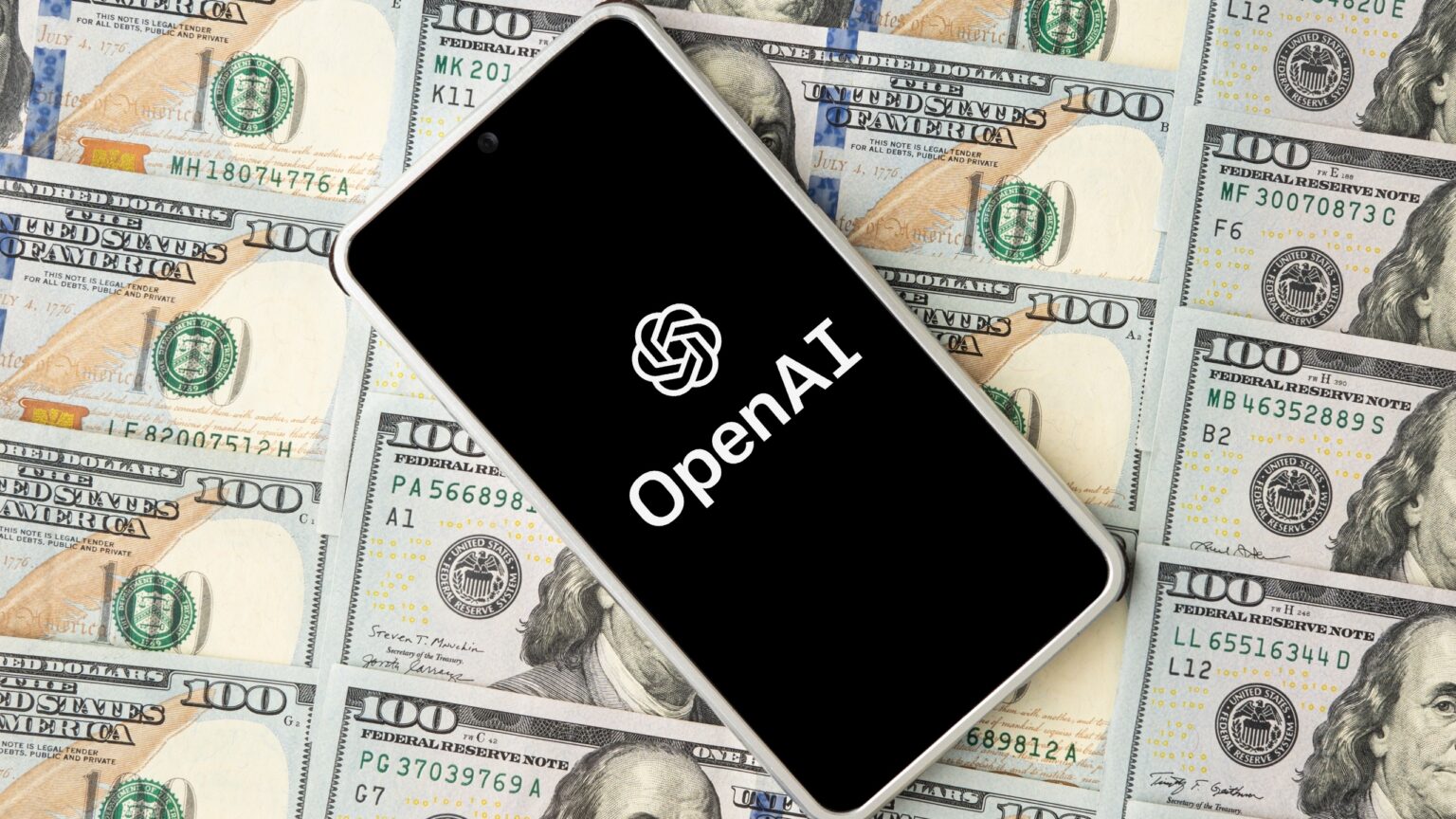OpenAI is on track to generate more than $1 billion in annual revenue as more companies adopt ChatGPT, its groundbreaking generative AI chatbot. OpenAI’s income was higher than what the company had previously told its shareholders, The Information reports.
According to the report, the U.S. startup is currently earning around $80 million in revenue each month, defying previous estimates that the $1 billion annual revenue goal would be achieved by 2024, as Reuters reported last December.
Also read: ChatGPT-maker OpenAI Sued for $3 Billion in Data Theft Case

OpenAI cashes-in on software sales
The report says OpenAI, which was valued at $27 billion earlier this year, is making its money from the “sale of artificial intelligence software and the computing capacity that powers it.”
OpenAI’s annual revenue was just $28 million last year, before it began charging people to access ChatGPT, it added. In February, OpenAI launched a premium subscription service for ChatGPT’s most committed users, priced at $20 per month.
Other people can still use the free version of ChatGPT, but non-subscribers may experience limited access during times of high demand. As MetaNews previously reported, the chatbot has started to see a decline in the number of users, suggesting it may have peaked.
The AI chatbot, which is powered by OpenAI’s GPT technology, became the fastest-growing app in history earlier this year, reaching 100 million users in record time, eclipsing earlier internet sensations such as Instagram and TikTok.
ChatGPT’s ability to generate human-like text and complete tasks, such as writing poetry or recommending restaurants, made it popular online, even though some people found its behavior to be nonsensical and argumentative.
Targeting enterprise users
OpenAI isn’t only making money from paid ChatGPT subscriptions. The company generates additional revenue by selling API access to its AI models to corporate customers.
On Aug. 28, OpenAI launched a business version of ChatGPT. Known as ChatGPT Enterprise, the model comes with what the company says are improved security and privacy features. In a blog post, OpenAI said that early users included Canva, Estée Lauder, and PwC.
“Since ChatGPT’s launch just nine months ago, we’ve seen teams adopt it in over 80% of Fortune 500 companies,” the firm said.
“We have many more features in the works, including a self-serve business offering and the ability to securely extend ChatGPT’s knowledge with your company data.”
Introducing ChatGPT Enterprise: enterprise-grade security, unlimited high-speed GPT-4 access, extended context windows, and much more. We’ll be onboarding as many enterprises as possible over the next few weeks. Learn more: https://t.co/lU3ErLtBmT pic.twitter.com/lhixa4IXlc
— OpenAI (@OpenAI) August 28, 2023
In 2022, OpenAI reportedly lost $540 million developing its AI models. CEO Sam Altman later said that OpenAI would “have to monetize [ChatGPT] somehow at some point because the computing costs of running the system were “eye-watering.”
With the latest revenue boost, OpenAI might be on pace to recover some of those losses. But the company will still need to give up 75% of its profits to Microsoft until the tech giant recoups its $13 billion investment in the AI startup.









 and then
and then